Have you ever thought, “something is wrong with me” or “I just want to be normal”?
Have you ever felt that your life is not your life at all, but rather that you were a slave to the intense emotions that take you captive abruptly and drive you to the ends of the earth like a devastating natural disaster?
Your emotions are trying to tell you something. They know something that we might not.
Can you remember what age you were when you “didn’t feel quite right”?
For me, I was about 11 years old. Things were so bad at home I would spend most of my time over at a friends house. It was there that I sat in her room, staring at myself in the mirror, and silently saying things to myself like, “you’re so ugly”, “no one likes you”.
That was the earliest time I can recall ever plotting how I would end my own life. My thoughts were a reflection of the things I had learned to believe, what I learned while I was mistreated and abandoned. I learned that I was “bad” and that it was my fault. I became ashamed for just existing.
My thoughts and emotions were always very deep and I never expressed a word. My actions, however, would speak for me. My friend’s parents labelled me as the “Problem Child” and so, the “problems” began. My whole life I was told I was the problem, and so, I believed it.
Living from crises to crises, I began to think chaos was normal. Although I took on this role, I didn’t like it. I wanted something better, but I didn’t know what better looked like.
My diagnosis of Borderline Personality Disorder (BPD) back in 2010 was bitter sweet. Bitter, in the sense that I felt I had another label that made me less of a human being. Sweet, in the sense that I finally had a starting point for my recovery.
If you were diagnosed with BPD, do you remember how it felt? or still feels?
Once I had started this site and started to blog, I realized that BPD would no longer be my dirty little secret. I began to feel hesitant and to revert back into my fear of rejection and thought of many reasons why I shouldn’t continue.
The painful memories from my past haunted me, and my diagnosis prevented me from getting close to anyone.
Eventually I came to realize that there are two types of people:
1) Those who use their past as an excuse for what they do and blame others for it.
2) Those who own their past and use it as a stepping stone for self improvement.
If you are reading this blog, you most likely fall under number two and are a self improver. Which kind of person do you think you are? Which kind of person do you want to be?
The next step in recovering from BPD is sharing. This is particularly tough for me because I am writing about something I have tried to burry for so many years.
Where are you in your recovery from BPD? Are you ready to to be vulnerable and share with others your experiences, struggles, success, and resources? Your vulnerability is a source of strength, not weakness!
Let’s tell on BPD and NOT let it be our dirty little secret any longer!
Warm regards,
Oriana
xo
Keep healing, keep growing, keep finding your truth.
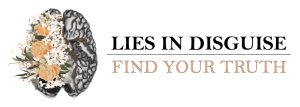

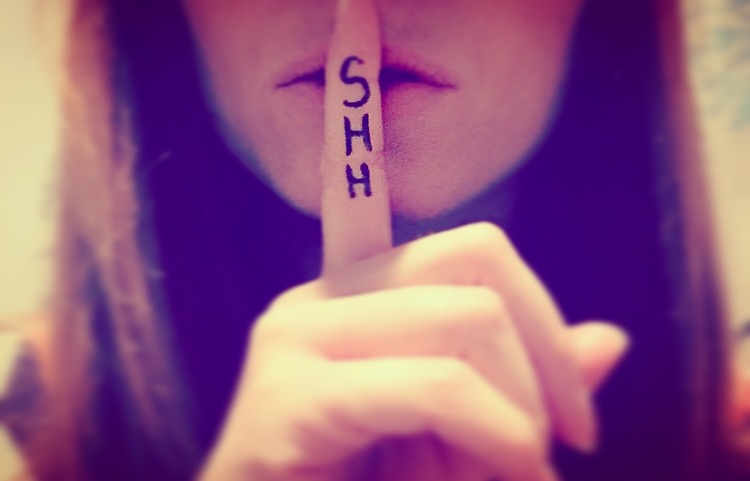
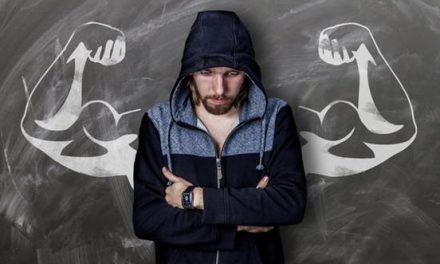
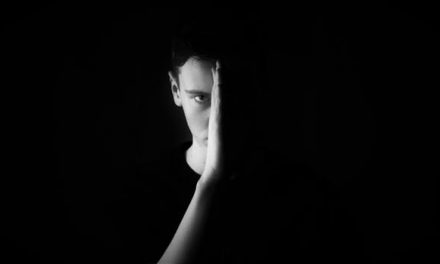
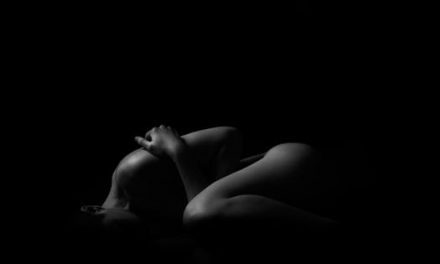

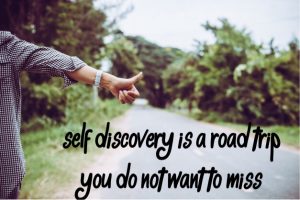
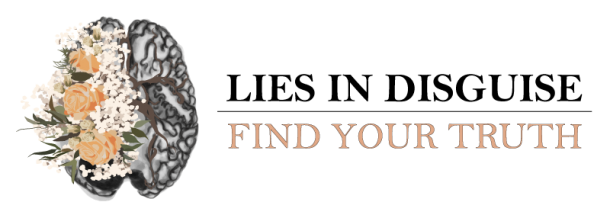
Recent Comments